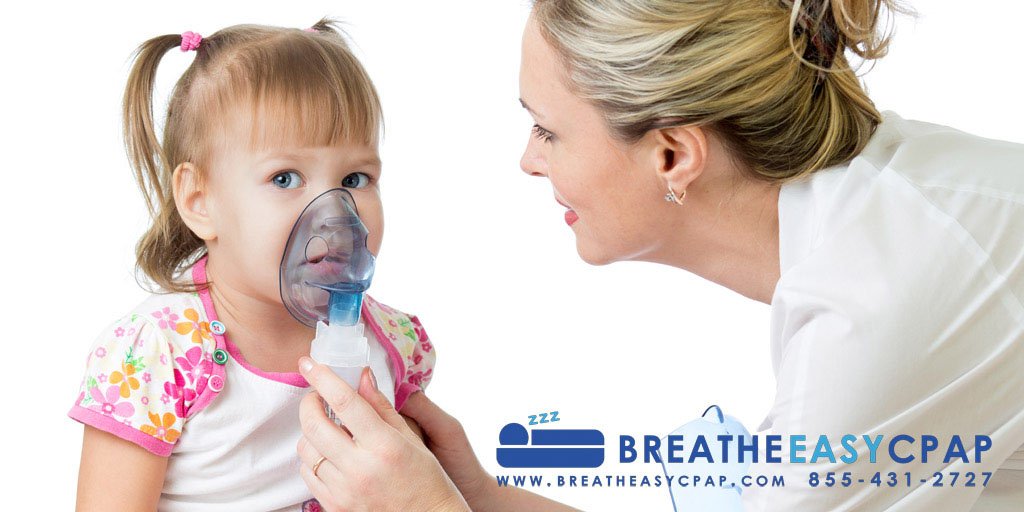As a parent, nothing is more worrying than finding problems with your child’s health. If your child is snoring at night, you may be wondering whether this is a normal occurrence or if it’s the symptom of something more serious. Most adults snore once in awhile, but medical professionals recommend that frequent snorers have a check up by their doctor to evaluate whether or not their snoring is related to sleep apnea, a condition characterized by the cessation of normal breathing during sleep.
Like adults, children sometimes snore. This occasional snoring that occurs in about 1 in 5 children is nothing to be concerned over. If your child has only been snoring for a few days, they may be suffering from seasonal allergies, nasal congestion, or a respiratory infection. When your child is one of the 2% of children who snore severely on most nights, it’s time to take them for a visit to your health care practitioner.
Why Might My Child Snore?
When your child’s snoring continues to be an issue for a long period or your child is one of the few who suffer from frequent, loud snoring at night, they could be developing issues with their tonsils or adenoids which can cause airway obstruction during sleep, a condition known as obstructive sleep apnea. Obese children have an increased risk for developing sleep apnea because of the excess fat tissue around their necks. This extra weight makes their upper airway easily collapsible during sleep. Cerebral Palsy, among other neuromuscular conditions, might also be the cause of sleep apnea. However, no matter the cause, if your child has sleep apnea, treatment is essential.
Sleep Apnea is a Serious Health Condition
Though some children find snoring silly, snoring caused by sleep apnea is not a laughing matter. Children with sleep apnea begin by suffering socially. Interrupted sleep caused by frequent wakings at night leads to behavior problems and restlessness during the day. They may also become bed wetters making them uncomfortable having sleepovers with friends.
On top of these social issues, children who don’t treat their sleep apnea are at an increased risk for deadly health conditions. Children with sleep apnea may develop high blood pressure and breathing difficulties just like adults with the disorder.
Treating Sleep Apnea in Children
When sleep apnea is the result of enlarged tonsils and adenoids or an over sized tongue or poor positioning, surgery might be a necessary step to correct the problem. In cases of obesity, children may have to make lifestyle changes by eating less sugary and fatty foods while getting daily exercise to promote healthy weight loss. In children with neurological problems resulting in sleep apnea, medications and physical therapy may be necessary.
In many cases, Continuous Positive Airway Pressure therapy delivered by a CPAP machine will be needed. Forced air delivered through a pediatric sleep apnea mask will help keep the child’s airway open, stopping snoring and preventing long term adverse effects of the illness.
CPAP Therapy for Children
CPAP therapy is painless, and most children adapt well to therapy. Discuss sleep apnea treatment with their doctor and visit a reliable CPAP supplier who sells CPAP masks in children’s sizes. For kids, it’s especially important to resolve any fears they may have about the treatment and invest in a comfortable sleep apnea mask. Breatheeasycpap.com sells masks in pediatric sizes and takes pride in helping children treat their illness in the easiest, most comfortable way possible.

